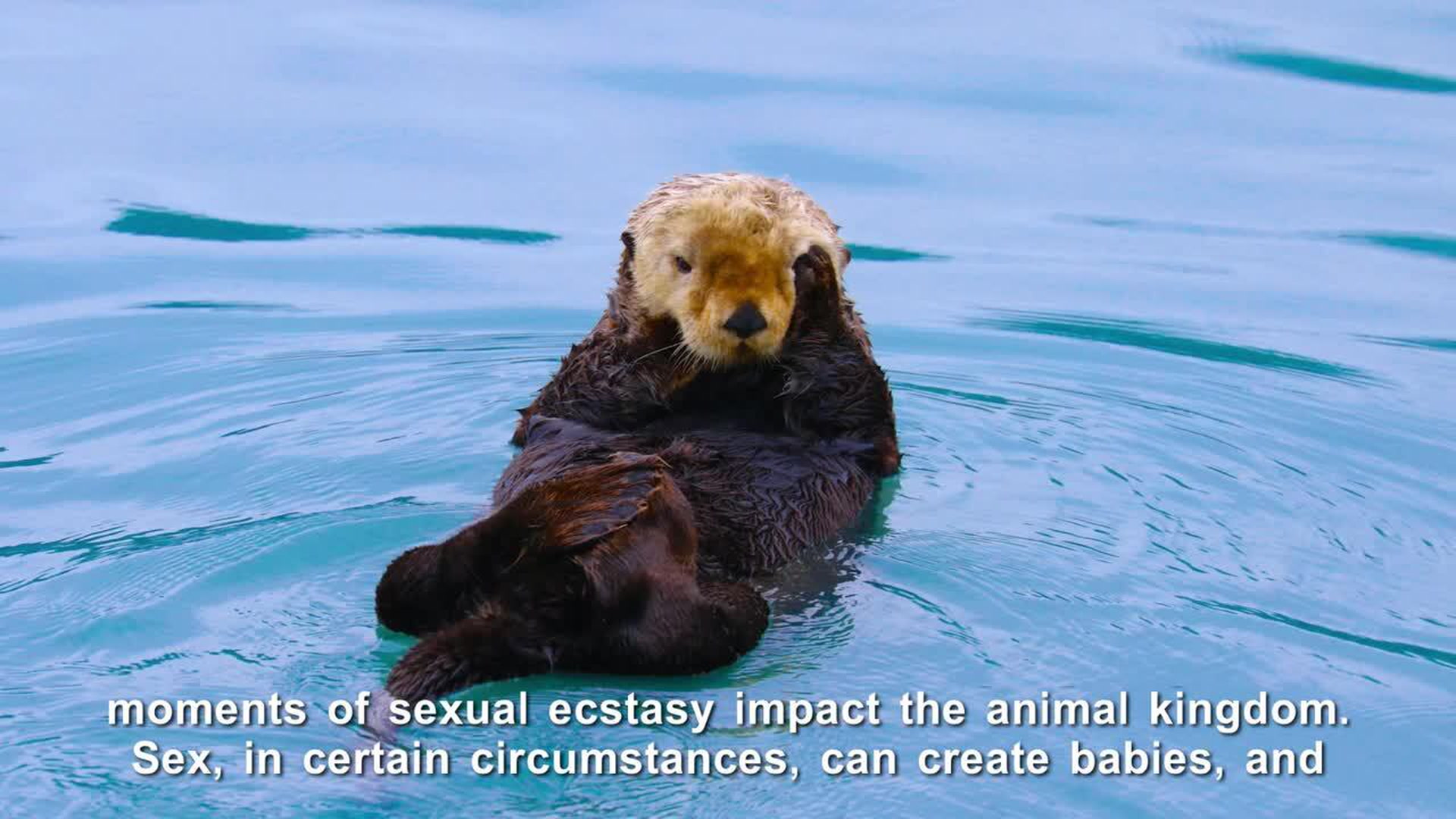News & Opinion
Endangered Species Condoms Highlight Environmental Impact of Safe Sex

Photo courtesy Biological Diversity
Senators received 600 condoms in honor of World Population Day.
July 10 2017 2:26 PM EST
March 08 2019 4:18 AM EST
By continuing to use our site, you agree to our Private Policy and Terms of Use.

Senators received 600 condoms in honor of World Population Day.
Senators returned from vacation today to some truly wild packages containing condoms.
In honor of World Population Day on July 11, Endangered Species Condoms made a bold statement by gifting senators 600 condoms. These aren't just any condoms though--they have puns and cute critters on them, featuring quotes like "When you're feeling tender, think of the hellbender" and "Wrap with care, think of the polar bear." With the condoms came a letter to each senator either expressing gratitude towards them for protecting family planning programs (i.e. Planned Parenthood), or condemning them for caring about money more than safe sex.
Endangered Species Condoms breaks down the effect safe sex has on our environment, highlighting how moments of sexual ecstasy impact the animal kingdom. Sex, in certain circumstances, can create babies, and those babies have a global footprint that puts a strain on the environment. Family planning is important for the environment and ecosystem, which is why this company is working to help protect the safeguards who assist in family planning.
Though the press release didn't mention STD prevention or using condoms for reasons other than stopping pregnancies, World Population Day is not just for straight people. The LGBTQA+ community is often overlooked when it comes to contraception and family planning. Same sex couples and non cisgender people still face discrimination while looking to adopt, and a large population of LGBTQA+ youth faces rejection and danger.
This World Population Day should not just bring to light the needs of straight people, but also show that the LGBTQA+ community needs more easy access to assisting in stopping overpopulation.
